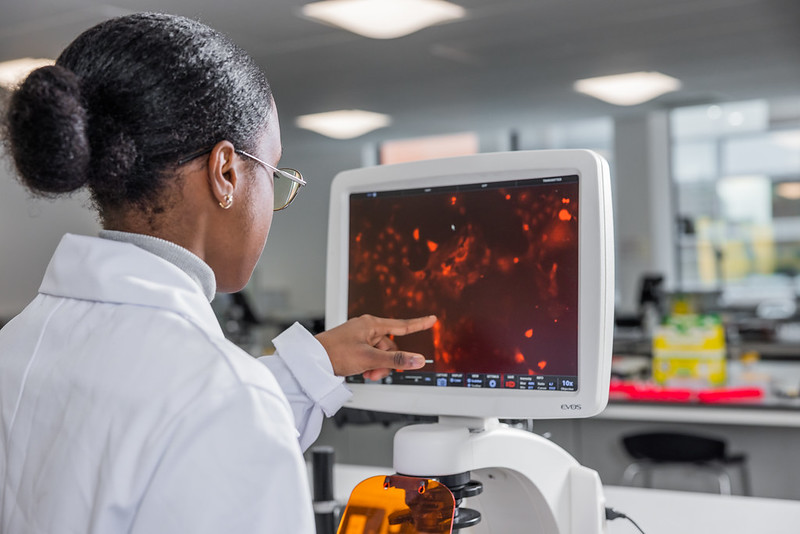
This workshop will allow students to increase their ability to draw conclusions and apply their existing knowledge as they explore the effect of sucrose solution concentration on osmosis. Through collecting qualitative observations and exploring graphs, students will develop their data interpretation and analytical skills, gaining further insight into the fascinating world of science. Get ready to be submerged in this hands-on learning experience!
Each session is 50 minutes in duration and can accommodate one class. A maximum of 3 sessions can be provided in one day.
This session links in with the national curriculum in the following ways
- Working Scientifically
- make predictions using scientific knowledge and understanding.
- make and record observations and measurements using a range of methods for different investigations; and evaluate the reliability of methods and suggest possible improvements.
- apply mathematical concepts and calculate results.
- present observations and data using appropriate methods, including tables and graphs.
- interpret observations and data, including identifying patterns and using observations, measurements and data to draw conclusions.
- present reasoned explanations, including explaining data in relation to predictions and hypotheses.
- Understand the role of diffusion in the movement of materials in and between cells
- Experience in applying the cycle of collecting, presenting and analysing data.
- Developing scientific vocabulary and nomenclature
- using an appropriate number of significant figures in calculations.
- Communicating the scientific rationale for investigations, including the methods used, the findings and reasoned conclusions, using paper-based and electronic reports and presentations.
- Addressing the needs of each pupil.
- Linking curriculum learning to careers.
- Encounters with Further and Higher Education.


/prod01/wlvacuk/media/departments/digital-content-and-communications/images-2024/240328-Varsity-Line-Up-Resized.jpg)
/prod01/wlvacuk/media/departments/digital-content-and-communications/images-18-19/220325-Engineers_teach_thumbail.jpg)
/prod01/wlvacuk/media/departments/digital-content-and-communications/images-2024/240515-Spencer-Jones-Award-Resized.jpg)
/prod01/wlvacuk/media/departments/digital-content-and-communications/images-2024/240320-Uzbekistan-Resized.jpg)
/prod01/wlvacuk/media/departments/digital-content-and-communications/images-2024/240229-The-Link-Resized.jpg)
/prod01/wlvacuk/media/departments/digital-content-and-communications/images-2024/240516-Andy-Gibson-Resized.jpg)